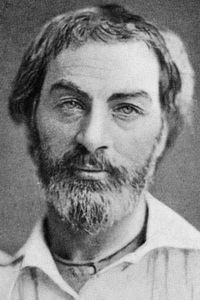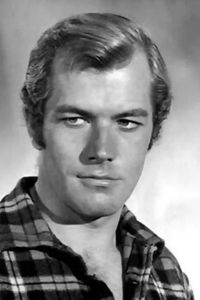Walter Whitman, a trailblazing American poet, essayist, and journalist, played a pivotal role in bridging the gap between transcendentalism and realism, seamlessly integrating both philosophical perspectives into his literary works. As one of the most influential poets in the American literary canon, Whitman is often regarded as the father of free verse, a distinction that underscores his innovative approach to poetry.
However, Whitman's work was not without controversy, particularly his 1855 poetry collection, Leaves of Grass, which sparked outrage due to its explicit sensuality. This provocative nature of his poetry led to widespread criticism, with some labeling it as obscene. Moreover, Whitman's personal life came under intense scrutiny, with many speculating about his sexual orientation, which was perceived as unconventional and even scandalous during his time.










